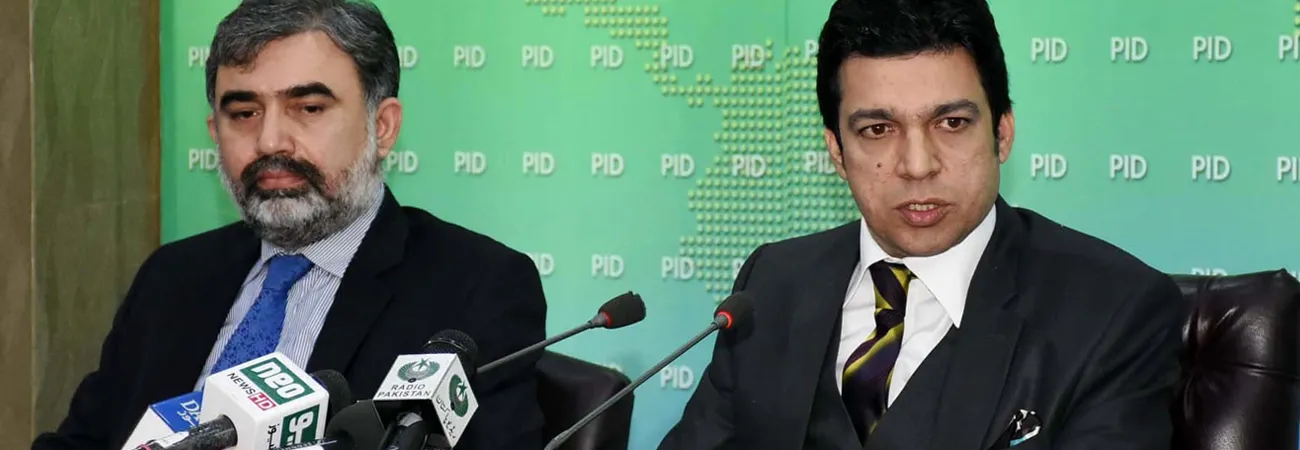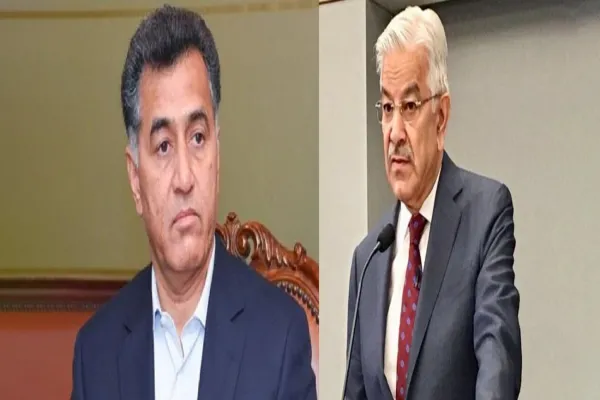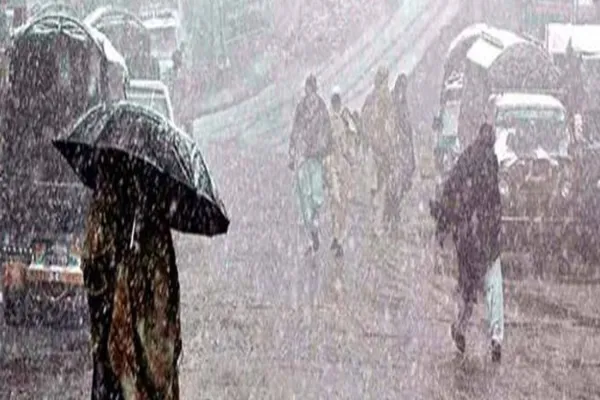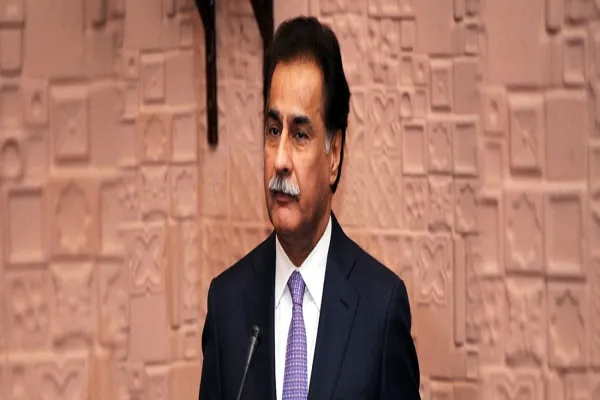i NEWS PAKISTAN
Former senator Faisal Vawda criticizing the judicial system of Pakistan, has demanded accountability for judges who issue "wrong decisions. " His comments, made to a private TV channel, stem from the recent acquittal of Nawaz Sharif in a corruption case. Vawda questioned the fairness of the judiciary, citing past controversial rulings like the hanging of Zulfiqar Ali Bhutto and the imprisonment of Asif Zardari. He pointed to inconsistencies in judicial decisions, highlighting the late-night opening of courts to vote on the no-confidence motion against former Prime Minister Imran Khan. "Billions were lost in Rekodik, Bhutto was hanged, and Zardari was imprisoned for 11 years. Under which law? Today, judges give one verdict and tomorrow another. When will those who make wrong decisions be punished?" Vawda demanded. He directly addressed Justice Qazi Faiz Isa, urging him to "clean his house" and hold corrupt judges accountable. "You complain about powerful circles, but when you imprison a leader, they release them and tell them to go and give speeches. How can we hold anyone accountable when punishments are reversed?" Vawda further criticized the judiciary's focus on trivial matters while ignoring major issues.
He questioned the extension granted to former army chief General Bajwa by the PML-N government and criticized the court's preoccupation with human rights while ignoring billions lost in corruption. "They talk about human rights for a widow after 50 years while the division in society has become so great that judges are writing against it," he said. Vawda also called for a review of court holidays, arguing that thousands of cases are pending and justice is delayed for the poor. He suggested that if judges believe they know everything about flying, mechanics, business, finance, and the law, they should take charge of the country. "If you know everything, then take the reins of Pakistan and rewrite the laws," he challenged. Vawda's remarks come amid growing public frustration with the Pakistani judicial system, which has been accused of being slow, inconsistent, and prone to political influence. His call for accountability and reform is likely to resonate with many Pakistanis who seek a fairer and more efficient justice system.
Credit: Independent News Pakistan (INP)









